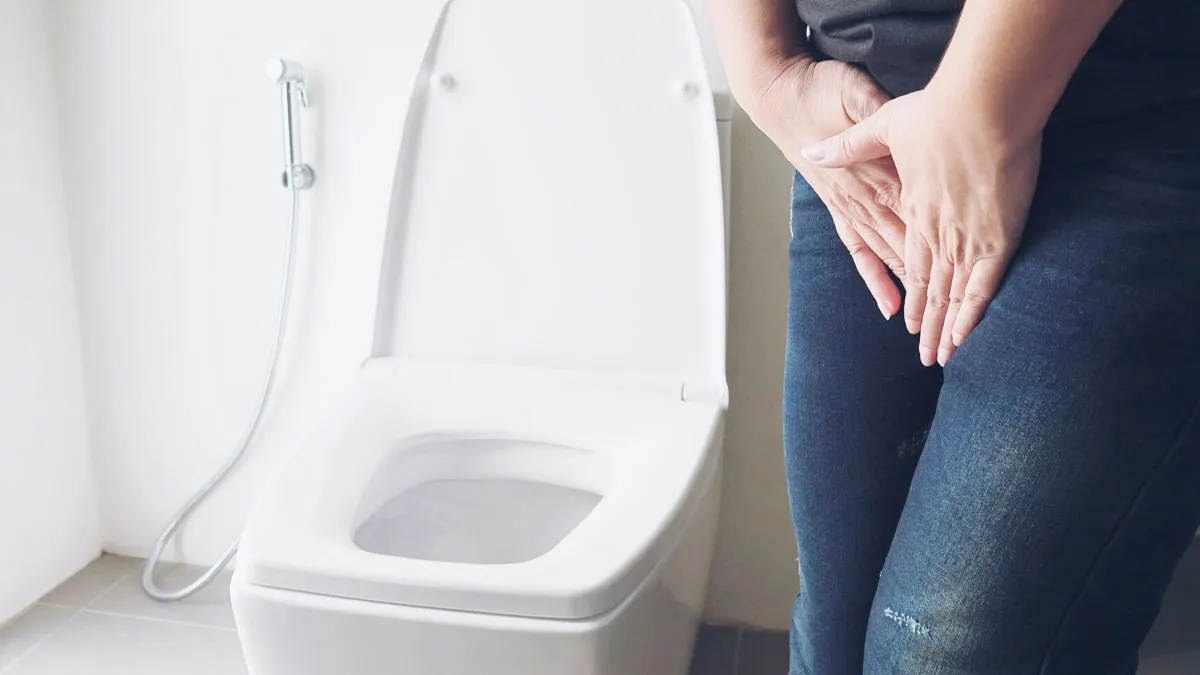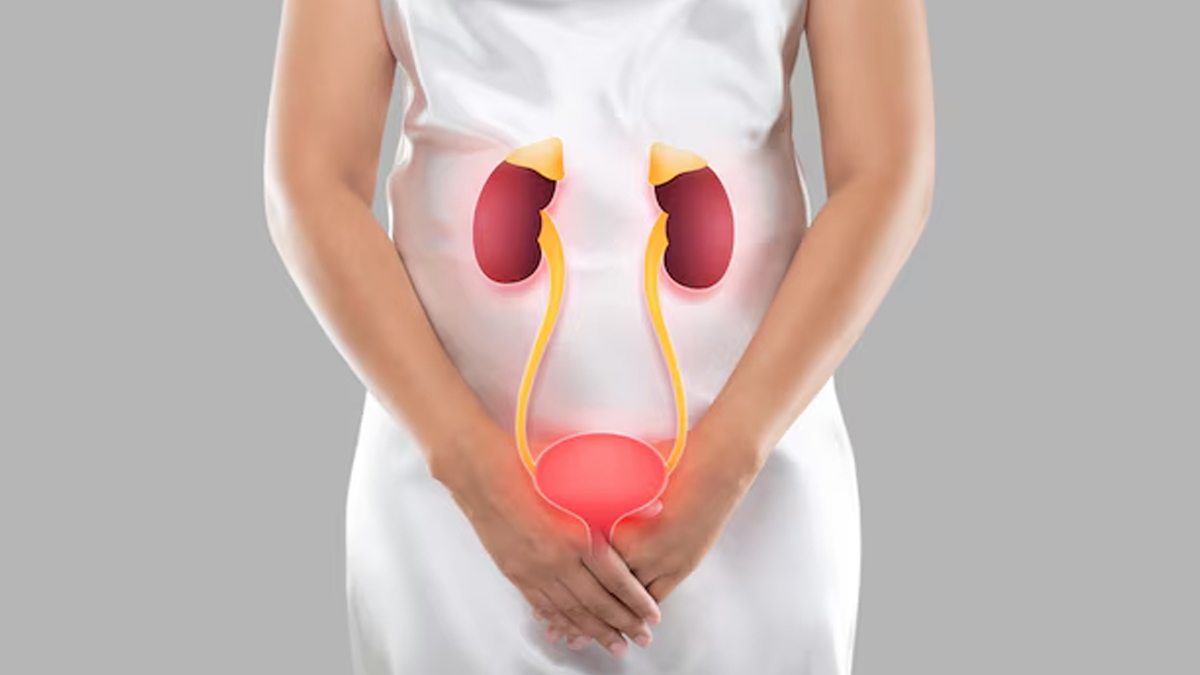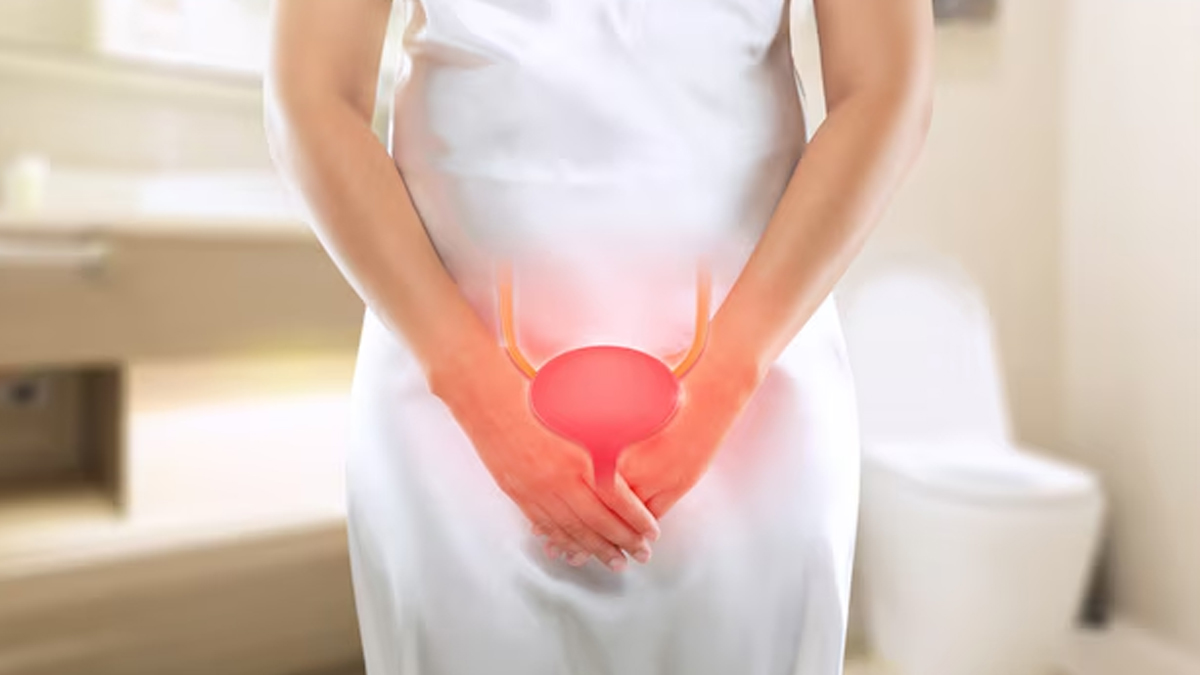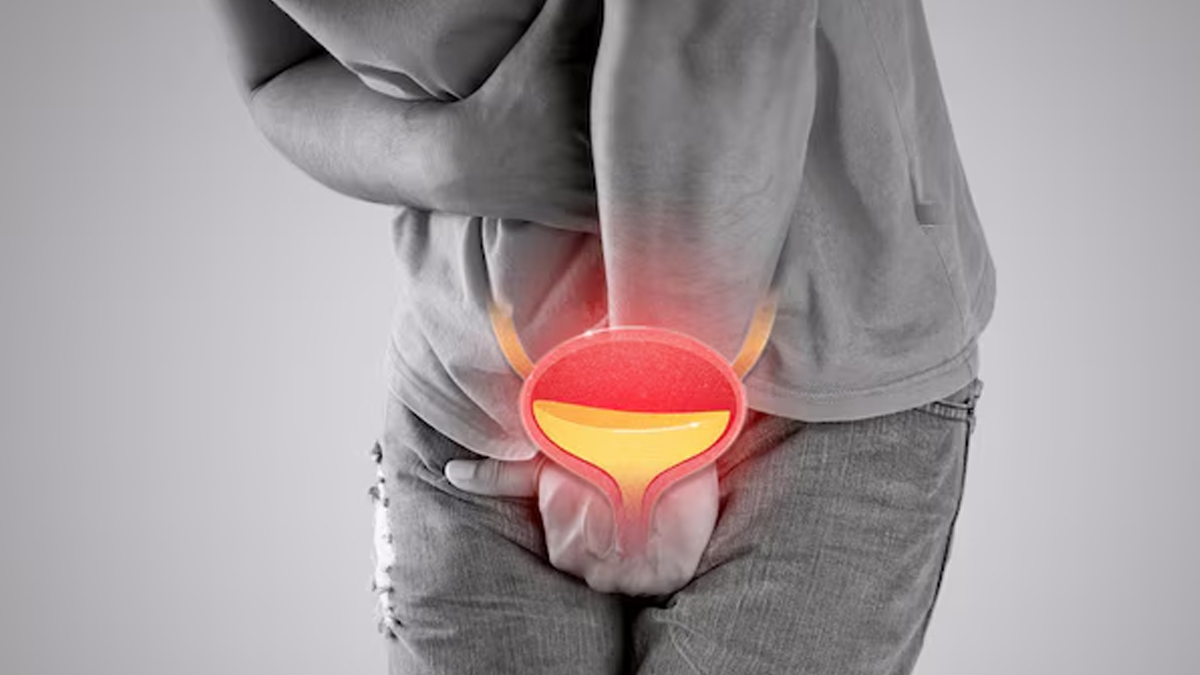
Experts, along with our elders, warn us against holding urine in for too long. When nature calls, it is important to listen and visit the restroom immediately. This is not just random advice but an integral part of maintaining good urinary health.
Table of Content:-
While you may have heard that holding in urine can increase the risk of Urinary Tract Infection (UTI) and kidney stones, another common issue is an overstretched bladder, also known as a distended bladder. This condition occurs when the bladder muscle stretches excessively to hold more urine than it normally can.
Also Read: Do You Rush To The Bathroom After Getting Home? The Condition You Didn’t Know You Had
What Causes Your Bladder To Stretch Beyond Its Normal Capacity?

In an interaction with the OnlyMyHealth team, Dr Santosh Gawali, Senior Consultant Urologist and Transplant Surgeon, Jaslok Hospital and Research Centre, Mumbai, explains that as we age, or if there's a blockage preventing urine from flowing easily (like an enlarged prostate or a narrowed urethra), the bladder muscles can weaken.
According to him, holding urine for too long can stretch the bladder, causing it to enlarge over time. In fact, women often have larger bladders than men because they tend to hold their urine more frequently, he shares.
In general, women have the ability to hold urine for longer than men due to the anatomical differences in their pelvic floor muscles. According to the Office on Women's Health, the pelvic floor muscles are typically stronger in women and provide better bladder support, allowing them to control the urge to urinate more effectively.
In addition, diabetes can also damage the nerves that control the bladder, causing problems with sensation and muscle function. In rare cases, some people are born with weak bladder muscles due to nerve issues.
Symptoms Of A Distended Bladder

An overstretched bladder can lead to various urinary symptoms. Over time, they may have trouble with two types of symptoms: storage symptoms and voiding symptoms, according to Dr Gawali.
Storage symptoms occur when the bladder is still trying to compensate for the extra pressure caused by an obstruction. This can lead to frequent urination, sudden urges to urinate, and waking up at night to urinate.
Voiding symptoms develop when the bladder becomes weak and struggles to empty properly. This can result in a slow or weak urine stream, difficulty starting urination, straining, and a feeling of incomplete emptying.
Also Read: Natural Remedies For Frequent Urination At Night: Tips To Improve Bladder Control
Early symptoms include:
- Frequent urination (going too often, including at night)
- Sudden, strong urges to urinate
- Later symptoms include:
- Weak or slow urine flow
- Straining to urinate
- Stop-and-start urine stream
- Feeling like the bladder isn’t fully empty
Possible Complications:
- Trouble emptying the bladder completely
- Frequent urinary tract infections (UTIs)
- Bladder stones
- Kidney problems if pressure builds up
It is important to know that unmanaged bladder distension can cause complications. “Chronically overstretched bladder results in detrusor hypocontractility, which leads to chronic retention of urine and its various effects: recurrent UTI/bladder calculi. If the voiding pressures are high, it can also transmit the high pressures to the upper tract, risking deterioration of renal function,” Dr Gawali warns.
Treatment Options For Overstretched Bladder

The key is to avoid holding urine for prolonged periods. However, if you are already suffering from a distended bladder, here’s what you need to know:
- If a weak bladder, also known as detrusor hypocontractility, is caused by a blockage, removing the obstruction can help restore bladder function. This may involve procedures like TURP (Transurethral Resection of the Prostate), prostate removal (prostatectomy), or surgery to fix a narrowed urethra (urethral stricture repair).
- In cases where the bladder’s nerves and muscles are intact, certain medications may help improve bladder contractions, though their effectiveness is uncertain. Other treatments include:
- Clean Intermittent Catheterisation (CIC) with timed voiding to train the bladder
- Neuromodulation, a therapy that uses electrical signals to improve bladder function
- Advanced surgery like Latissimus Dorsi Detrusor Myoplasty (LDDM), which involves using muscle tissue to strengthen the bladder
Conclusion
An overstretched bladder is a result of holding in urine for too long, either due to a blockage or simply because you delayed urination. In both cases, things can take a serious turn if symptoms are not addressed and treated on time. Ensure that you consult a doctor for any urinary problems and get necessary tests to identify the underlying issues.
Also watch this video
How we keep this article up to date:
We work with experts and keep a close eye on the latest in health and wellness. Whenever there is a new research or helpful information, we update our articles with accurate and useful advice.
Current Version